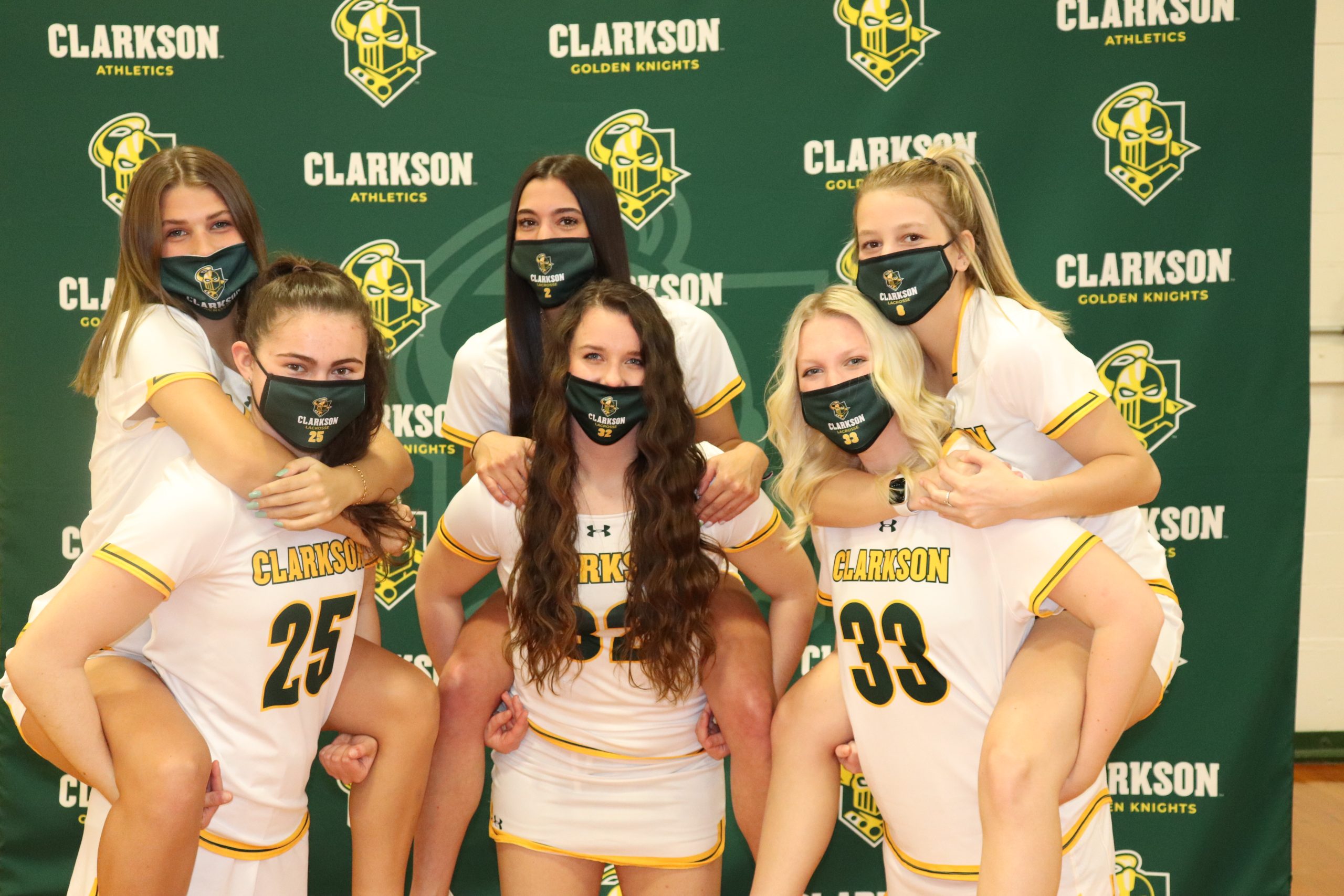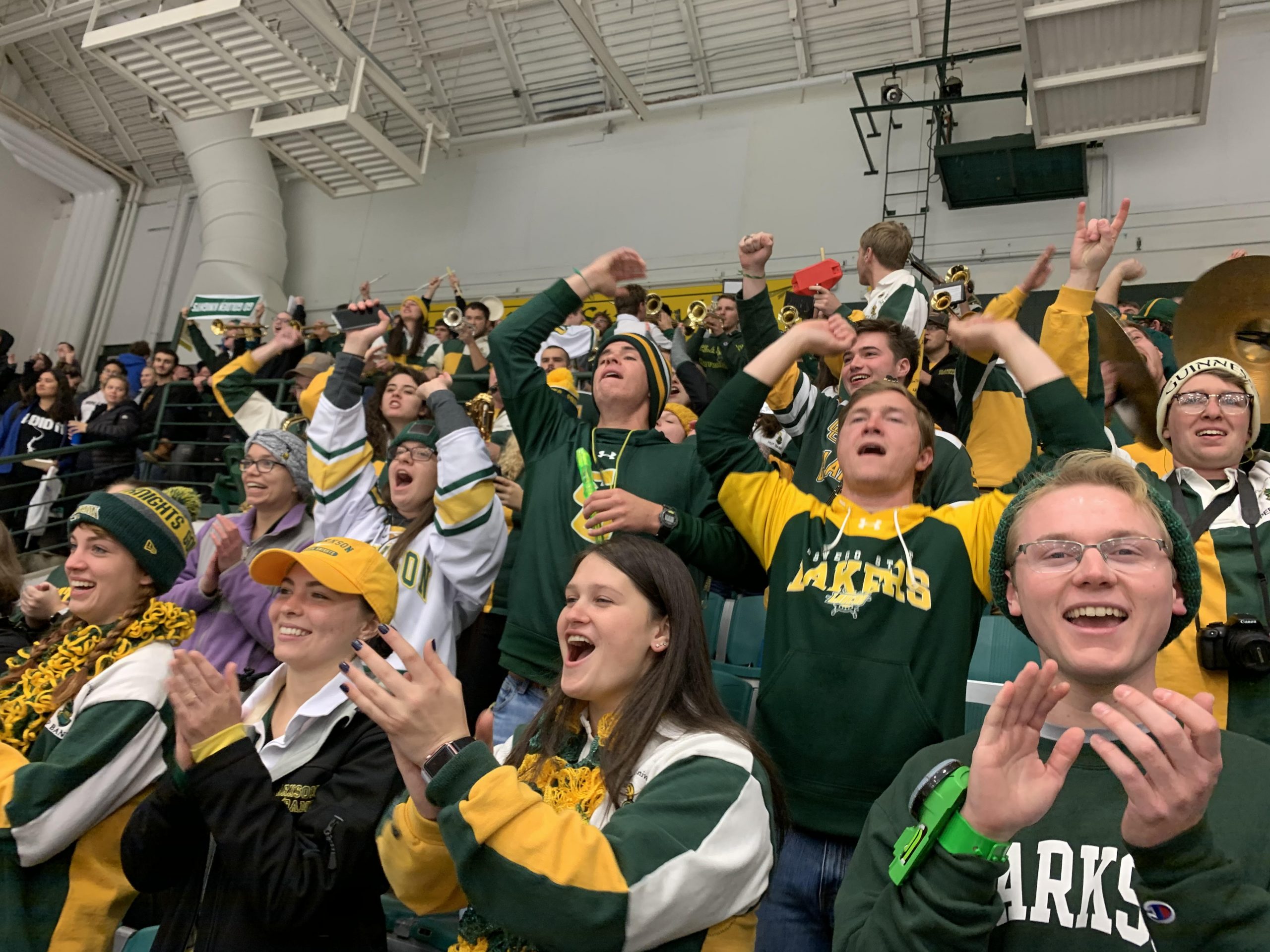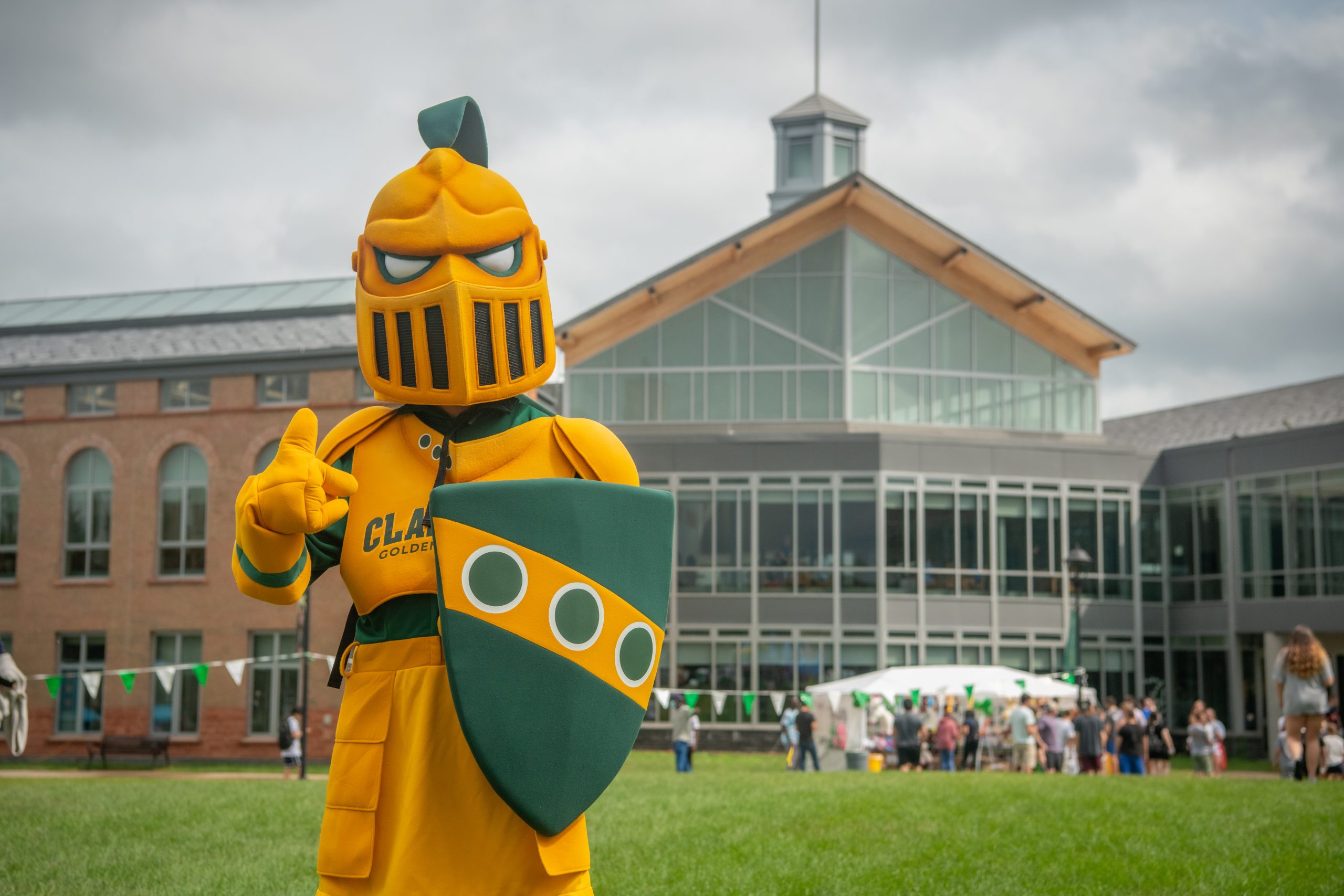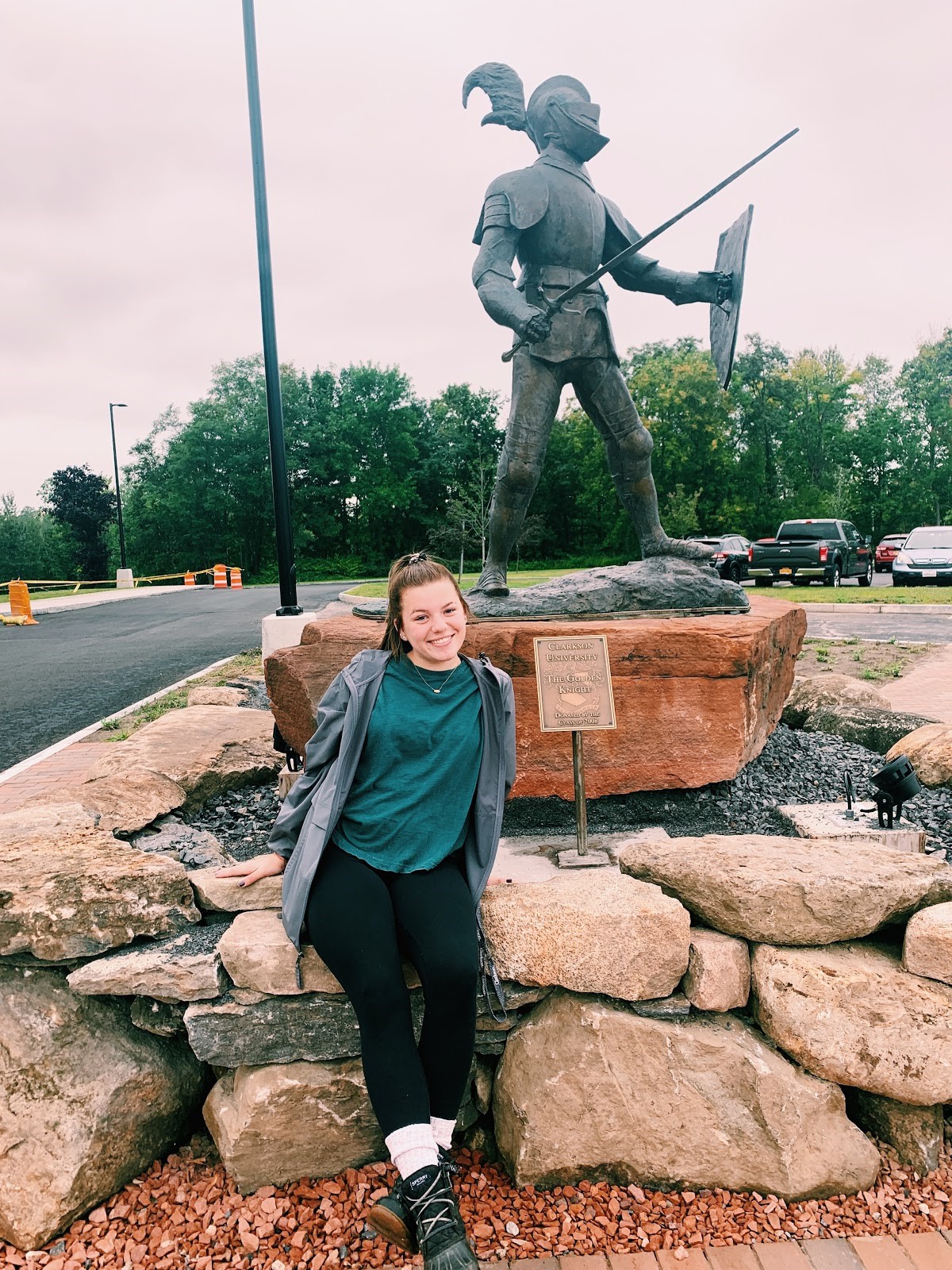Civil and environmental engineering is one of Clarkson University’s biggest and most popular academic departments, offering undergraduate bachelor’s degrees, as well as graduate MS and PhD degrees. Students interested in construction engineering management, water resources engineering, architectural and facilities engineering, and more flock to these programs year after year. Why?
We sat down with Reagan O’Donnell, class of 2023, to ask her a few questions about her experience as an undergraduate double major in Environmental and Civil Engineering here at Clarkson University.
Clarkson University: Reagan, why did you choose Clarkson?
Reagan O’Donnell: I chose Clarkson because of the phenomenal engineering programs, and the high job placement rate the school has for its graduates straight out of college. It’s also the perfect distance from home for me and I have been lucky enough to be able to play Division III lacrosse.
CU: Why did you choose Environmental and Civil Engineering programs as a double major?
RO: I chose Environmental and Civil Engineering as my majors because I really enjoy being outdoors, and in nature. I want to do what I can to preserve the oceans, rivers, and lakes alongside being more conscious of waste in engineering.
CU: What kinds of learning opportunities have you had outside of the classroom?
RO: I had the opportunity to work for Matt Manierre, a professor in the Humanities Department, on his Pandemic Pedagogy project over the summer and fall of 2020, which involved transcribing interviews and giving my perspective as an undergrad going through COVID/pandemic shut down and how it affected both teaching styles and learning.
I am working on setting up a study abroad program for the coming year, ideally, I would love to be in Spain. I am also working to find an internship or co-op over the summer. Since I have already had experience with research and know that I enjoy it, I might be interested in learning more about other research projects. Clarkson is full of opportunities to gain research and practical experience.
One positive relationship with faculty is with Annegret Staiger, who was my Ethnography professor for the Spring 2021 semester. She really wanted us to document our time and how the pandemic was affecting us mentally, physically, and academically. This helped me since after getting sent home no one was super sure what the future would hold and she was very honest about her feelings as a professor and human during that time. She also gave me the opportunity to present at the Research and Project Showcase (RAPS) and one pandemic meeting over that summer.
CU: What was it like presenting at RAPS?
RO: It was a great experience, even with it being online. My RAPS presentation was essentially the culmination of our entire class. At first, we were supposed to pick one spot on campus and study how the space works/functions, how the people there interact with the space, and turn it into a final mini ethnography. Our final project evolved into an ethnography of how quarantine was affecting the class. For the project, each person was assigned a topic/category to really focus on. At the end of the semester, we were able to take all of the findings of our project and turn them into presentations and reports looking from an ethnography lens. It was a great experience to help me deepen my understanding of others’ experiences and perspectives.
CU: Are you involved in any organizations or teams on campus?
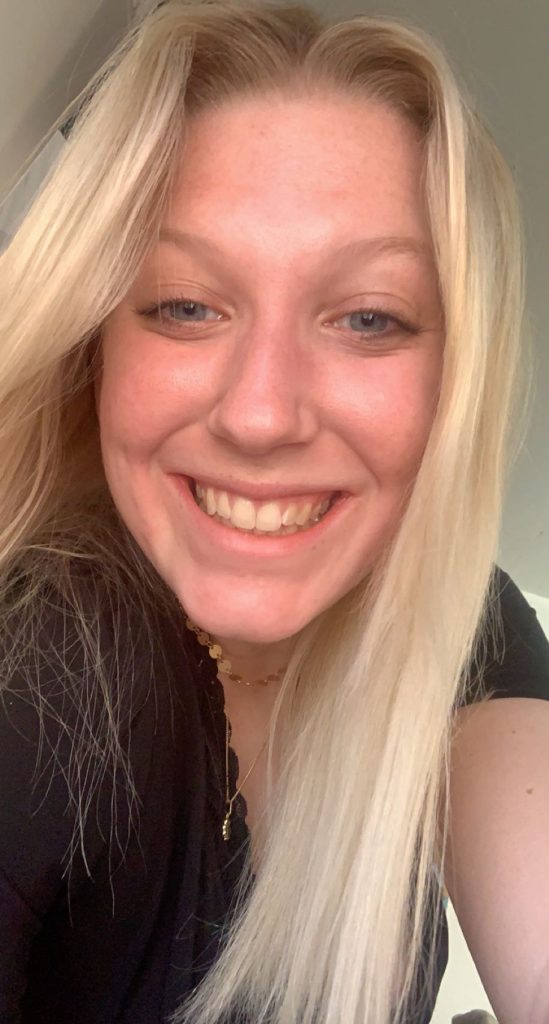
RO: Yes, I play on the Division III women’s lacrosse team. I love being a part of the team. It is such a good support system for all of us here at Clarkson. Our coaches (Bennett Gaebel and Ally Burrows) have gone above and beyond. They honestly do so much for everyone on the team and are always there if you need them. The help they are willing to offer, not only out on the field, but making sure that you are doing well in your classes, or being someone to talk to is so beneficial. There is just something about knowing there is someone on your side and someone rooting for you to succeed in all you do in life, that eases some of the stress.
CU: What are some of your favorite classes or courses you have taken?
RO: One of my favorite classes that I have taken at Clarkson was Intro to Cultural Anthropology with Professor Camille Frazier sophomore year. While Clarkson academics are focused more on the STEM or business genre, it was incredible to take a class that focused on culture and relationships. This class was incredibly eye-opening and forced you to look outside of your own culture to gain an understanding of another.
Another great class I have taken was Microbiology (BY320) in the Summer of 2020. This class was extremely engaging as Professor Michael Twiss was constantly including his own real-life examples and ways that microbiology was seen in everyday life.
CU: Would you say that taking humanities courses helps you to be a better engineer in the future?
RO: Yes, I feel that taking humanities classes and exposing myself to this style of learning allows me to take new perspectives to my engineering classes. I personally love humanities. I think it enables me to be better connected to the world and people around me. Although Clarkson is known more for the engineering majors and courses, I think it is important to be able to discuss a variety of topics and be knowledgeable about different cultures and other people. Not everyone who you will be working with or attending the same events with in the future is going to have a deep understanding of science/engineering or honestly care about the specifics of those things. I feel that studying these courses allows me to better relate to those outside of my fields and I feel this is essential.
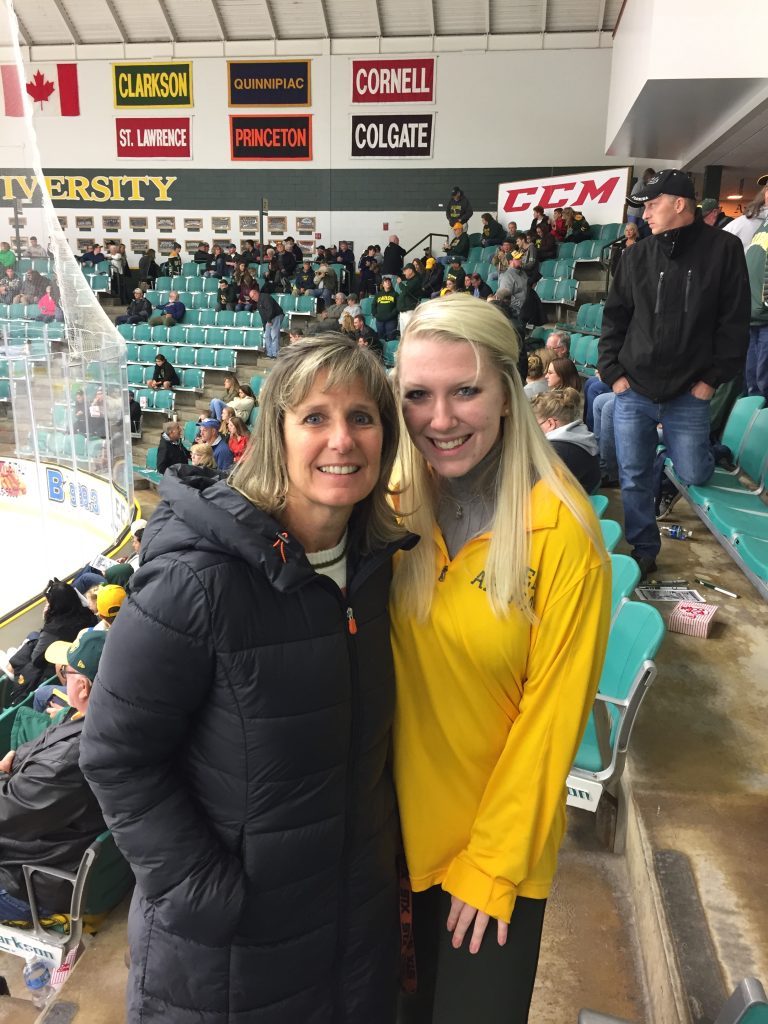
CU: What would you tell someone considering Clarkson for your major?
RO: I would tell someone considering Clarkson that even though the classes are tough they are designed to help you in the long run. Do not be afraid to go and ask questions to professors when you have them. I know a lot of freshmen are afraid to go and ask for help or get a tutor, but honestly using all the resources that Clarkson has to help you succeed is well worth it.
Considering my major I would tell prospective students that it involves a lot of chemistry and a broad understanding of applying knowledge instead of just learning for the sake of learning. I would also say to make sure they enjoy what they are doing, as it will be their job for the foreseeable future and the last thing you want to do is pick a major where you will be unhappy in your job.
CU: That’s all the questions we have for today, thanks so much for telling us a bit about your story and sharing with our readers some new things about civil and environmental engineering, and Clarkson!
RO: Thanks for having me. Let’s go tech!

